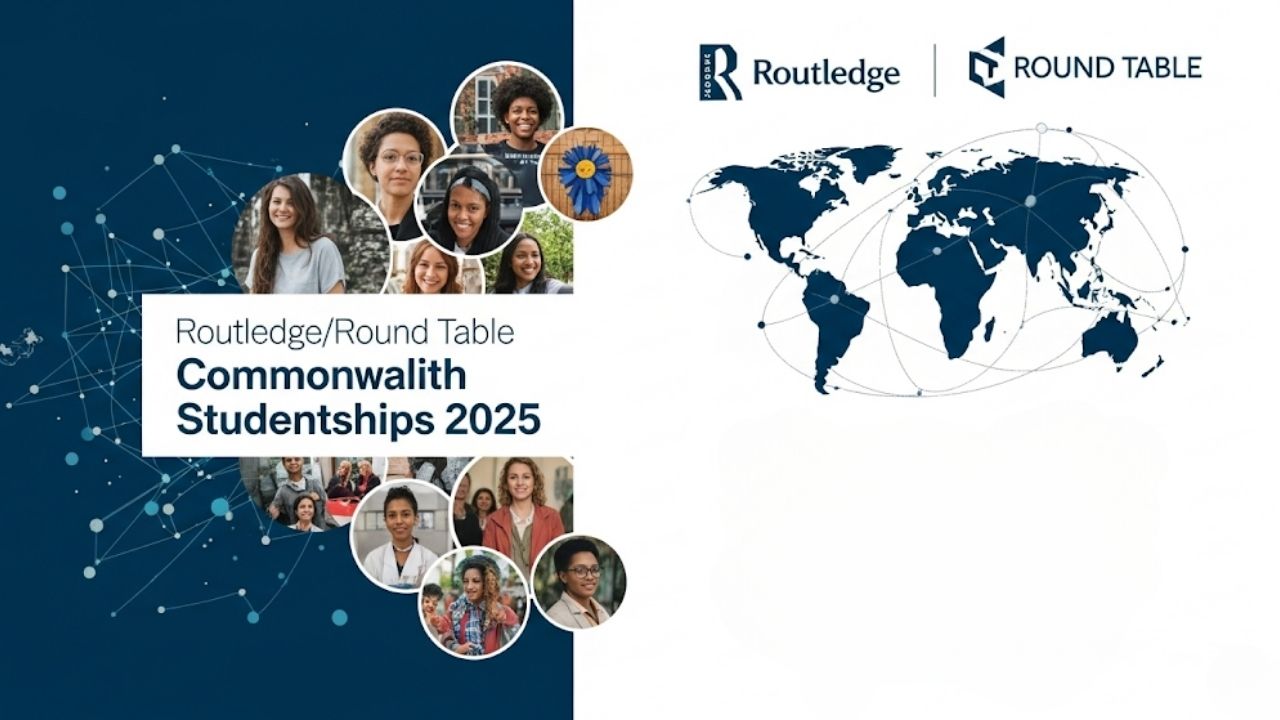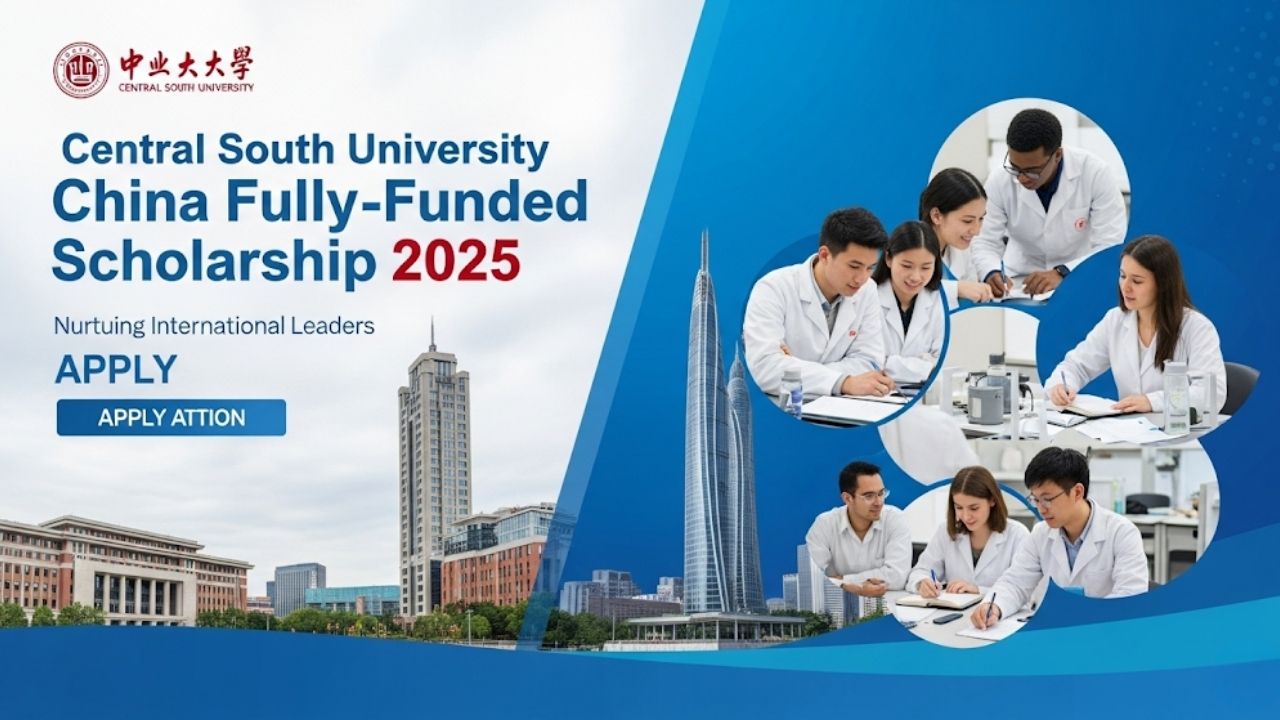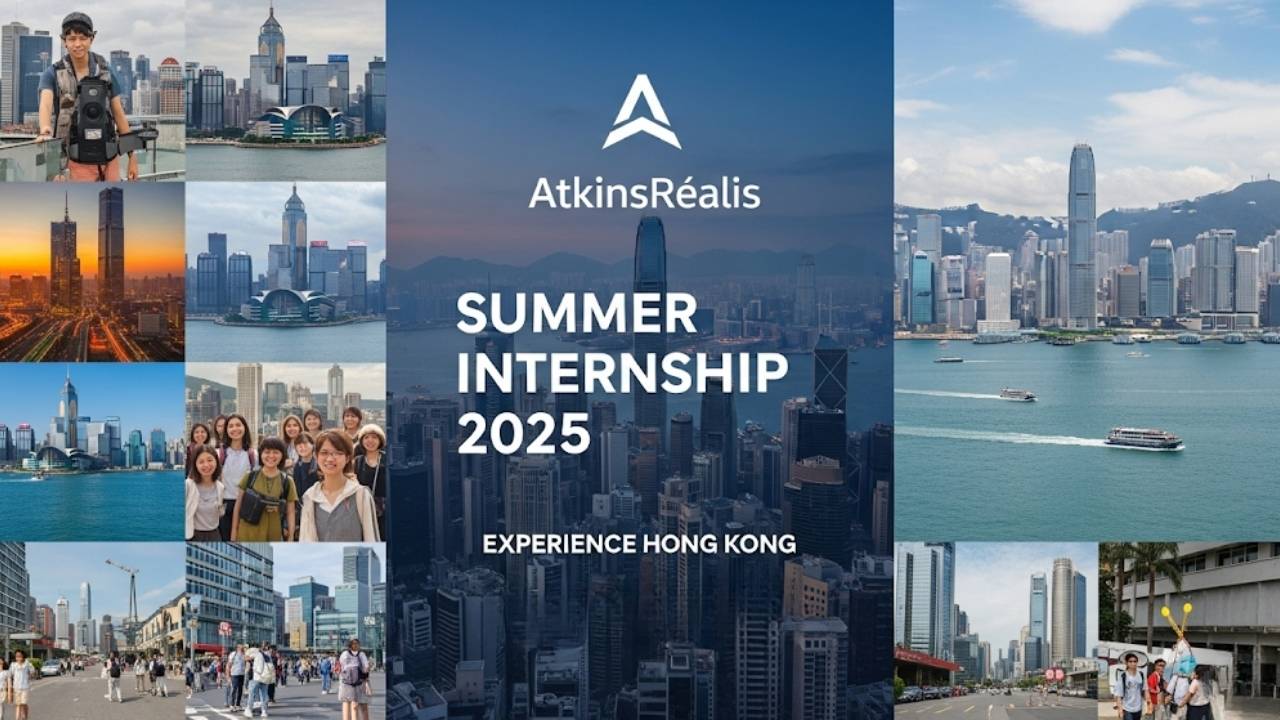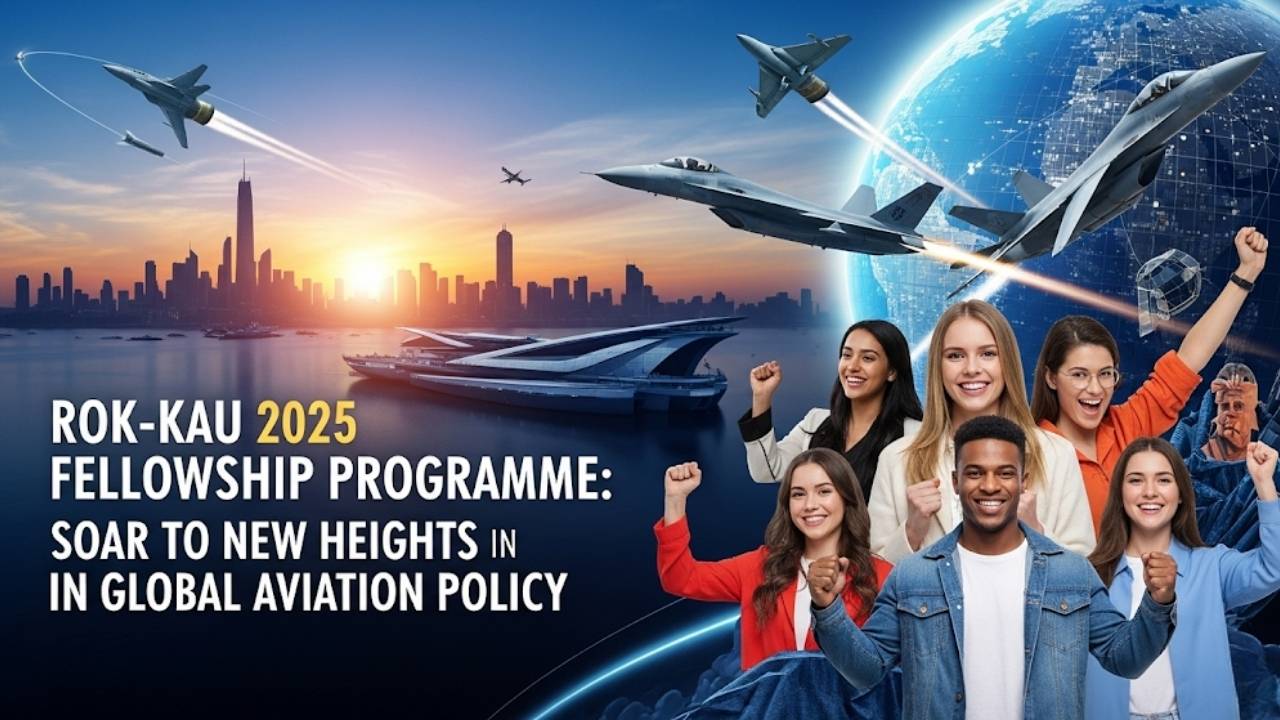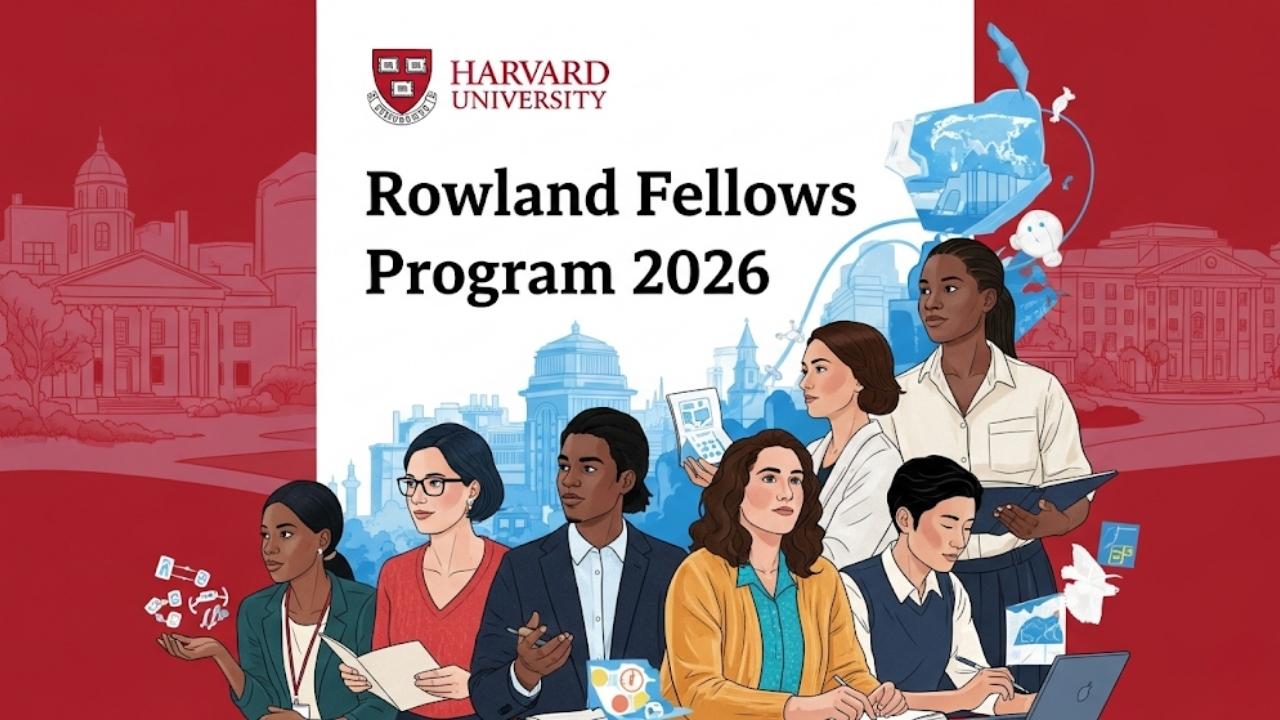The German KWI International Fellowships 2026 offer a golden opportunity for bright postdoctoral researchers in the humanities and social sciences to immerse themselves in a world-class intellectual environment. If you’re an early-career scholar looking for dedicated time and resources to propel your research forward, this fellowship at the renowned Institute for Advanced Study in the Humanities (Kulturwissenschaftliches Institut Essen, or KWI) could be your perfect next step. This guide is designed to walk you through everything you need to know, transforming a complex application into a manageable and exciting journey.
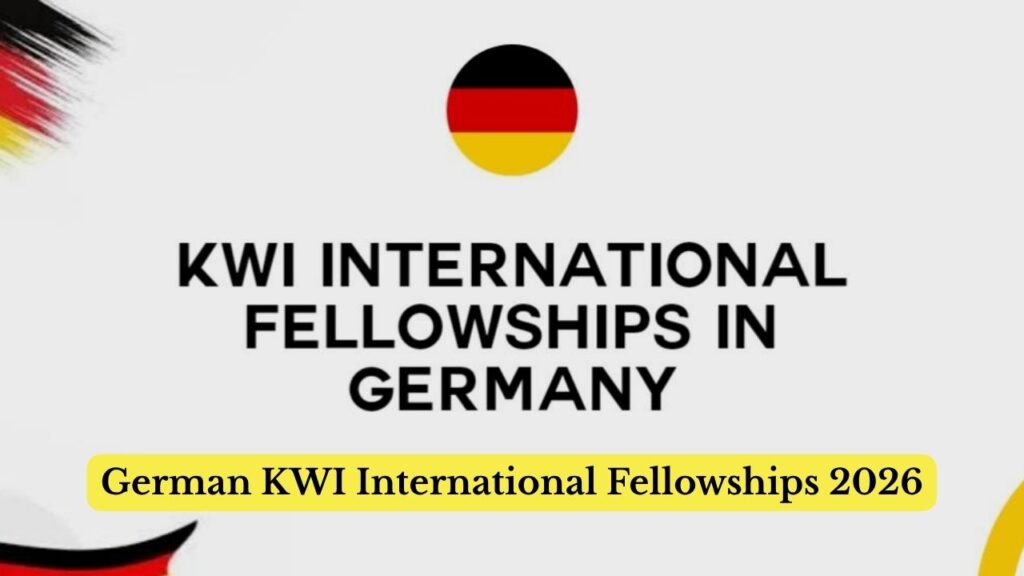
Navigating the world of international fellowships can feel daunting, but you’re in the right place. We’ll break down the eligibility, demystify the application process, and provide the encouraging, actionable advice you need to craft a compelling proposal.
German KWI International Fellowships 2026
| Key Fact | Detail |
| Fellowship Duration | 6 months |
| Monthly Stipend | €4,000 (pre-tax) |
| Primary Fields | Humanities, Cultural Studies, Social Sciences |
| Location | Essen, Germany |
| Experience Level | PhD with up to 6 years postdoctoral experience |
Applying for a prestigious postdoctoral fellowship in Germany like the KWI is a significant step. It requires careful preparation and a clear vision for your research. But the rewards—six months of dedicated research time, a generous stipend, and immersion in a vibrant international community of scholars—are immense.
Use this guide as your roadmap. Start preparing your documents, refine your research proposal until it shines, and keep a close eye on the official deadlines. Your journey to the heart of Germany’s intellectual landscape could be just an application away
Unlocking a World of Research: What is the KWI Fellowship?
The KWI International Fellowship isn’t just about funding; it’s about community and focus. Hosted in Essen, at the heart of Germany’s vibrant Ruhr Area, the institute fosters interdisciplinary dialogue and innovative research. It’s a place designed to give you the freedom to think, write, and collaborate.
The fellowship is aimed at excellent international researchers who have recently completed their doctorates. The goal is to attract fresh ideas and perspectives that align with KWI’s core research areas, which currently include:
- Literary and Cultural Sociology
- Cultural Science Studies
- Science Communication
- Visual Literacy
- Public Humanities
Project proposals that connect with these themes are highly encouraged. However, the institute is also open to projects that forge new links between philology, cultural studies, and the social sciences.

Are You the Right Candidate? Understanding the Eligibility Criteria
Before you dive into the application, let’s ensure this fellowship is the right fit for you. The requirements are quite specific, so a careful review is your first step to success.
Core Requirements
- Academic Level: You must have a completed PhD. If you are in the final stages of your dissertation at the time of application, you must provide proof that your thesis has been submitted. The certificate must be available before the fellowship begins.
- Experience: The fellowship is for early-career researchers with up to six years of postdoctoral experience.
- Nationality: The program is open to researchers from all over the world. However, German nationals are only eligible to apply if they are currently employed at an international research institution.
- Language: A strong command of English is essential as it is the working language of the fellowship program. Knowledge of German is not a requirement.
In my experience advising applicants, the “up to six years postdoctoral” rule is a common point of confusion. This generally means the time elapsed since the date your PhD was officially awarded. Be sure to calculate this accurately based on the fellowship start date.
The Heart of Your Application: Crafting a Winning Proposal
Your application is your introduction to the selection committee. It needs to be professional, precise, and persuasive. The entire application should be submitted as a single PDF file.
Your Application Checklist:
- Curriculum Vitae (CV): A clear, concise academic CV.
- List of Publications: Include all your published works.
- PhD Certificate: A digital copy of your official certificate.
- Project Proposal: This is the most critical part of your application. The proposal should be a maximum of 5,000 characters (including spaces), outlining the research you intend to conduct at the KWI.
How to Write a Compelling Project Proposal
The 5,000-character limit means every word counts. Your proposal must be sharp and focused.
- Start with a Strong Hook: Clearly state your research question and its significance. Why is this project important now?
- Connect to KWI: Explicitly link your project to one or more of KWI’s research areas. Show that you’ve done your homework and understand the institute’s intellectual agenda.
- Outline Your Plan: What will you do during the six months? Whether it’s finishing a book manuscript, writing articles, or developing a new research project, provide a clear and feasible work plan.
- Show, Don’t Just Tell: Instead of saying your project is “interdisciplinary,” explain how it brings together different fields or methods.
I’ve seen many successful applicants excel by demonstrating not just the quality of their own research, but also how their presence would enrich the KWI’s community. Mentioning potential collaborations with researchers at the KWI or in the University Alliance Ruhr can make your application stand out.
Navigating the Two Fellowship Cycles in 2026
The KWI typically hosts two cohorts of fellows each year. It’s crucial to understand the timeline so you can prepare accordingly.
1. April 2026 – September 2026 Cohort
The official call for applications for the fellowship period starting in April 2026 has been announced. Historically, the deadline for this cohort falls around late August of the preceding year (i.e., August 2025).
2. October 2026 – March 2027 Cohort
As of mid-2025, the official call for the cohort beginning in October 2026 has not yet been released. This is normal. Based on previous cycles, you can expect the call for applications to be published around December 2025 or January 2026, with a likely application deadline in late February 2026.
What to do now:
- Stay Updated: Regularly check the KWI International Fellowship Programmes page for the official announcement.
- Prepare in Advance: The application requirements are unlikely to change significantly. You can start preparing your CV, publication list, and, most importantly, drafting your research proposal now.

Life as a KWI Fellow: What to Expect
Being a KWI fellow is an active and engaging experience. The institute is not just a quiet place to write; it’s a hub of academic life.
Your Responsibilities and Opportunities:
- Presence: Fellows are expected to be present at the institute at least three days a week to foster a collaborative atmosphere.
- Participation: You will be requested to actively participate in the weekly colloquia, lectures, conferences, and reading groups. This is a fantastic opportunity to get feedback on your work and learn from others.
- Contribution: Fellows are encouraged to contribute a piece to the KWI Blog and may have the chance to organize their own workshop.
- No Teaching Load: The fellowship does not include teaching obligations, giving you maximum time for your research.
FAQs
Can I apply if my PhD is not yet officially awarded?
Yes, you can apply if you are in the final stages. However, you must provide proof of thesis submission, and the degree must be conferred before the fellowship begins.
Is there an age limit for the fellowship?
No, there is no age limit. The primary eligibility criterion is having up to six years of postdoctoral experience, regardless of your age.
Does the fellowship cover health insurance?
The €4,000 monthly allowance is intended to cover all your living expenses, including rent, insurance, and daily costs. You will be responsible for arranging your own health insurance, which is mandatory in Germany.
Can my family accompany me to Essen?
Yes, you are welcome to bring your family. However, the fellowship does not provide an additional family allowance, and travel expense reimbursements are only for the fellow.



